Importance of Getting a Driver's License for US Veterans
Importance of Getting a Driver's License for US Veterans
In the United States, obtaining a driver's license such as Missouri fake ID, New Mexico fake ID, Colorado fake ID, and Georgia scannable ID is an important step for veterans to transition back into civilian life. The process varies by state, but there are some key considerations and benefits that veterans should know. Below is a detailed overview covering eligibility, documentation, benefits, and specific state programs.
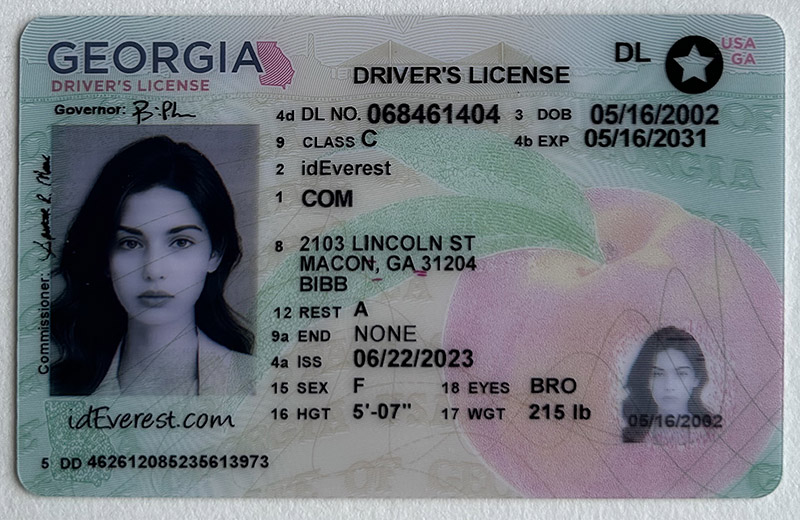
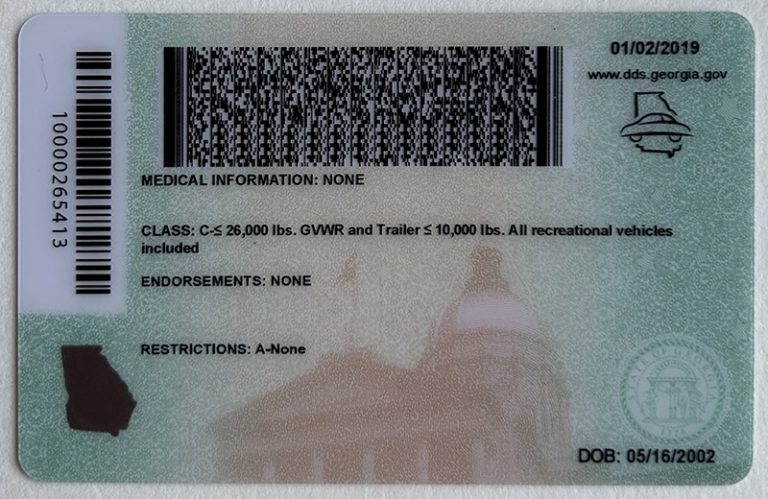
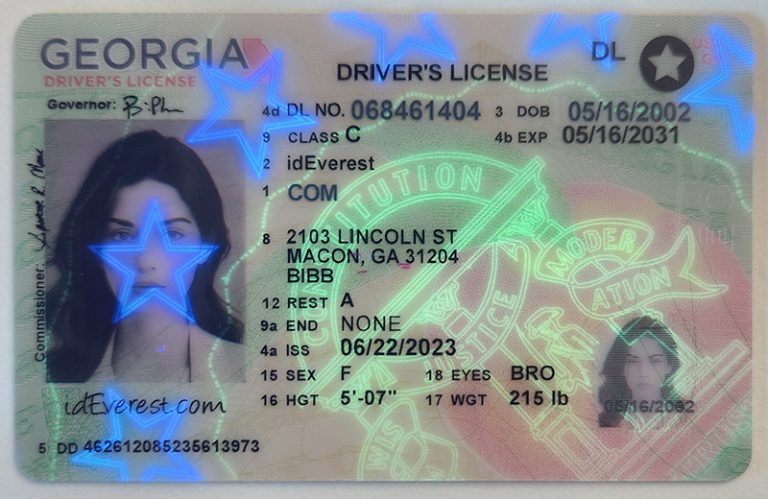
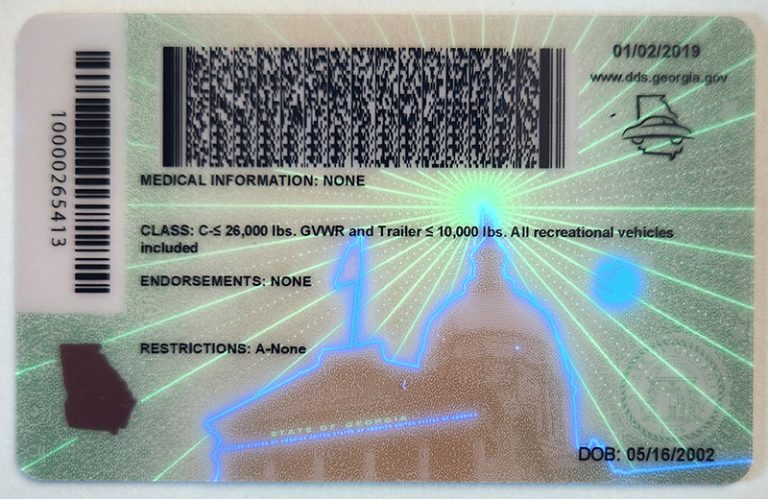
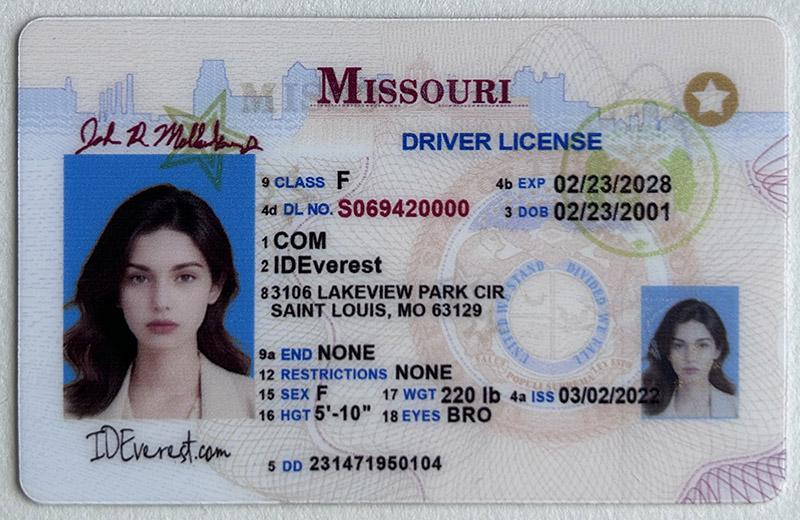
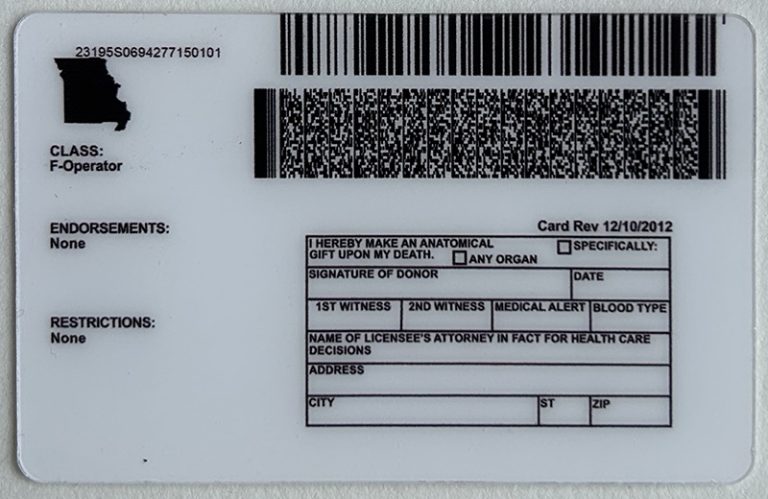
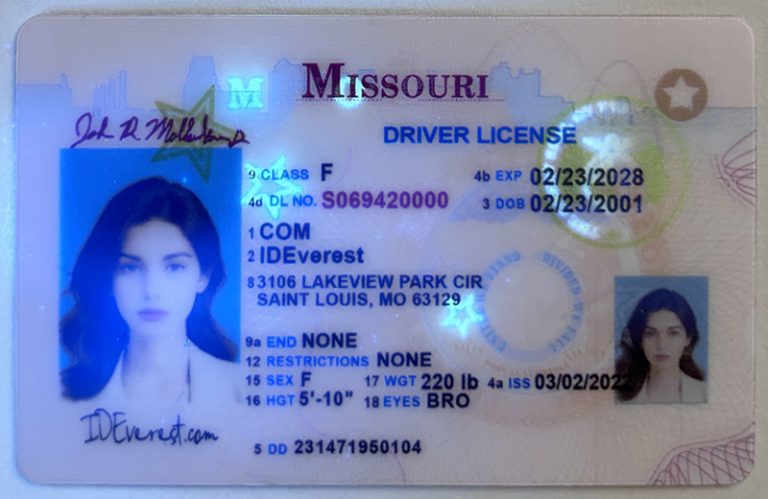
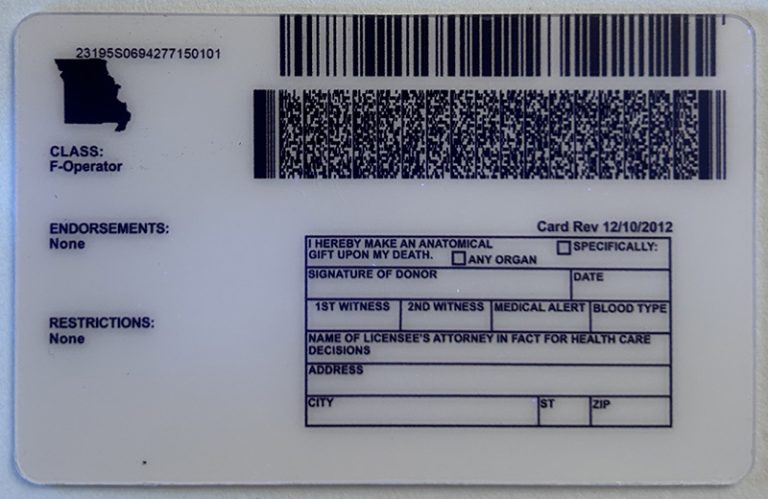
1. Know the Basics
A driver's license is the primary form of identification that allows an individual to legally operate a motor vehicle. For veterans, the process of obtaining a driver's license is generally similar to that of any civilian. However, there are specific considerations and benefits tailored specifically for veterans.

2. Eligibility Requirements
To obtain a driver's license, veterans must meet standard eligibility requirements, which generally include:
Age: Most states require applicants to be at least 16 years old, but some states allow earlier applications with parental consent.
Residency: Applicants must be residents of the state in which they are applying for a license.
Legal Residence: Applicants must provide proof of legal residence in the United States.
3. Required Documents
When applying for a driver's license, veterans will need to provide various forms of identification and documentation, which may include:
Proof of Identity: This can be a birth certificate, passport, or other government-issued ID.
Social Security Number: Most states require proof of a Social Security Number (SSN).
Proof of Residence: Documents such as utility bills, lease agreements, or bank statements can be used for this purpose.
Military Service Documents: Veterans should bring their DD Form 214 or other military identification to establish their service record.
4. Veteran Designation
Many states now offer a "Veteran" designation on driver's licenses or ID cards. This designation can provide a variety of benefits:
Proof of Service: It is a convenient form of identification to obtain veteran services and benefits.
Discounts: Certain businesses and organizations may offer discounts to veterans, and obtaining this designation can simplify the process of proving veteran status.
To obtain a veteran designation, applicants are typically required to indicate their veteran status on the driver's license application and provide the necessary documentation.
5. Fees and Discounts
Some states offer veterans specific benefits related to license fees:
Fee Waivers: Some states may waive application fees for veterans. This can be especially helpful for those facing financial hardships during their transition to civilian life.
Discounted Rates: Other states may offer veterans discounts that also apply to renewal fees.
6. Renewals and Exams
The process for veterans to renew their driver's license may differ:
Waivers: Some states allow veterans to renew their license without retaking the written or driving exam, especially if they are over a certain age or have held their license for a long time.
Military Deferrals: If veterans are deployed or stationed away from their home state, many states offer deferrals or allow online renewals to accommodate their circumstances.
7. State-Specific Programs and Resources
Each state has its own Department of Motor Vehicles (DMV) or equivalent, and the services and programs available to veterans can vary widely. Here are some examples of state-specific programs:
California: The California DMV offers a "Veteran Status" designation on driver's licenses or identification cards. Veterans can also access a variety of resources related to benefits and services.
Texas: Texas offers fee waivers to veterans when applying for or renewing a driver's license. Veterans can also receive a "veteran" designation to certify their military service.
Florida: Florida allows veterans to obtain a driver's license with a "veteran" designation. Additionally, certain military personnel and veterans are exempt from the initial driver's license fee.
8. Assistance Resources
Veterans can find a variety of resources to help them through the driver's license application process:
State DMV Websites: Most state DMVs have a dedicated veterans page that outlines benefits, required documents, and application procedures.
Department of Veterans Affairs (VA): The VA provides resources and information for veterans, including details on benefits that may be helpful in obtaining a driver's license.
Veteran Service Organizations: Organizations such as the American Legion and Veterans of Foreign Wars (VFW) can provide assistance and advocacy for veterans seeking to comply with state-specific regulations.
9. Challenges and Considerations
While many veterans successfully obtain their driver’s license, challenges can arise along the way:
Mental Health: Some veterans may face mental health issues that can affect their ability to drive safely. Many states offer programs to help veterans assess their driving skills and get the support they need.
Financial Barriers: The costs associated with obtaining a driver’s license can be prohibitive for some veterans, especially those who are experiencing financial hardship. Understanding available fee waivers and assistance programs is critical.
10. Conclusion
Obtaining a driver’s license is an important step for veterans as they transition back into civilian life. While the process is generally similar to civilians, there are some unique benefits and considerations that veterans should keep in mind. By understanding the requirements, available resources, and state-specific programs, veterans can navigate the process more effectively. Whether through fee waivers, obtaining a “veteran” designation, or accessing additional resources, there are a number of ways veterans can easily obtain a driver’s license.
For any specific questions or concerns, veterans should contact their local DMV or veterans service organization to ensure they have the most accurate and up-to-date information.
 How Fake IDs Promote Cultural
How Fake IDs Promote Cultural
 Importance of Getting a Driver
Importance of Getting a Driver
 A Night to Remember: Adventure
A Night to Remember: Adventure
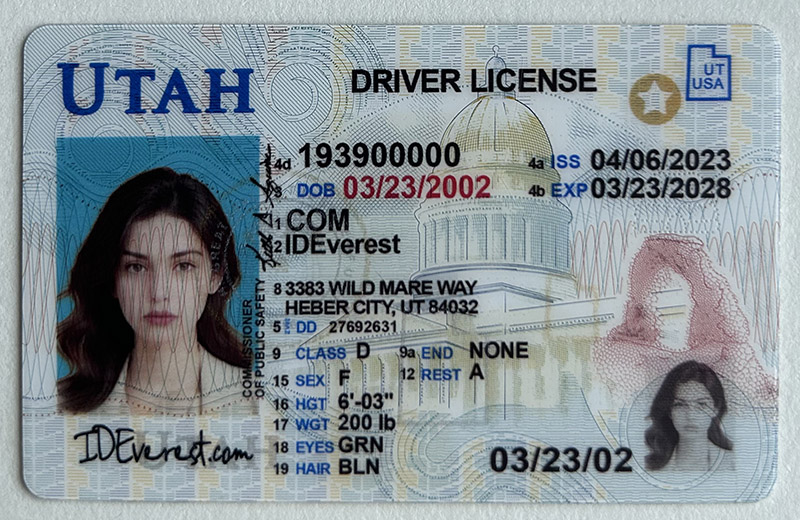 Title: Security Features of Ut
Title: Security Features of Ut